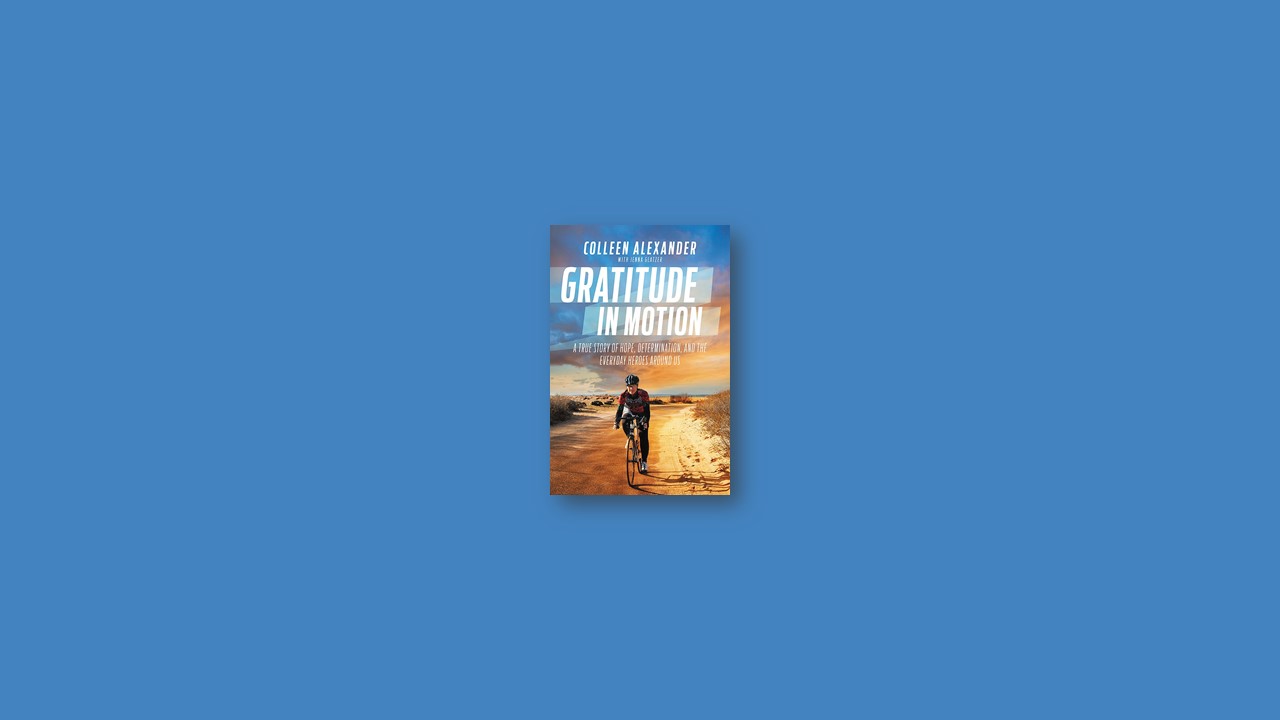Donate blood.
Every two seconds, someone in the United States needs blood—which includes trauma patients, those being treated for cancer, people with sickle-cell disease, those with complications from surgery, and many others. The average red blood cell transfusion is three pints.
There is a critical need for platelets because they cannot be stored for more than five days and are always in demand. To donate platelets, you must be at least sixteen years old (seventeen in some states). It’s a longer process that must be done at a Red Cross center (not at a blood drive), and you can donate up to twenty-four times a year. Six whole blood donations must be separated and pooled to provide a single platelet transfusion. However, one apheresis platelet donation provides enough platelets for one complete transfusion.
For more information visit www.redcrossblood.org.
Learn CPR and first aid.
CPR does work! You can register for CPR and first aid classes through most town halls, get information from your local libraries, or visit www.redcross.org to find classes near you. The Red Cross offers classes across the globe. You never know when you’ll encounter an emergency situation—would you know how to effectively and safely perform CPR on a child, do the Heimlich maneuver, or help someone who’s fainted in front of you? Take the class and refresh your knowledge every couple of years.
Learn the “Rules of the Road” for cycling and pedestrian safety.
Educate yourself as a motorist, pedestrian, and cyclist. It is everyone’s responsibility to be safe and respectful to one another on our streets. Bicyclists have the same rights and responsibilities on the road as drivers, so pass safely and don’t squeeze cyclists off the road. Model safe driving and riding to younger individuals. Pledge not to text and drive, and use patience behind the wheel. Remember, we are role models and examples, and everyone is someone’s everything!
For cyclists, visit www.bikeleague.org/content/rules-road-0 for bike rules and videos, and remember that helmets save lives!
Support your local fire/EMS station.
Most firefighters and emergency medical workers help on a volunteer or per diem basis and rely heavily on private donations to offset the many costs of running an emergency management service. Visit your fire department and ask how you can help. Aside from financial donations, they might also need help with things like mailings, writing letters, or planning events.
Be a mentor.
Look for local programs that can connect you with at-risk kids who could really use support and guidance. You can find them through Big Brothers Big Sisters of America, youth centers, crisis centers, and school social workers. You don’t need to be a teacher, a parent, or a perfect person—you just need to be willing to invest some time with a young person who may not have good role models.
Become a guide for a challenged athlete or volunteer to help with events.
Achilles International asks for volunteers to run or walk with disabled athletes both during training and during events. You can sign up here: www.achillesinternational.org/volunteers. You can also get involved with other organizations that benefit challenged athletes, such as Dare2Tri (www.dare2tri.org), the Scott Rigsby Foundation (www.scottrigsbyfoundation.org), the Challenged Athletes Foundation (www.challengedathletes.org), and Special Olympics (www.specialolympics.org). You don’t need athletic ability to help out with things like handing out water, helping at the sign-in station, helping athletes with transitions during triathlons, or fundraising for equipment and race sponsorships. It is so empowering for disabled athletes to retain their identity; do what you can to be a part of that.
Be a force for peace.
In this increasingly tumultuous time, find ways to chip in to solve local and global problems. For more information on PeaceJam, go to www.peacejam.org. You can also help out in the organization’s quest to achieve one billion acts of peace at www.billionacts.org. There, you can create your own act of peace or join in on someone else’s.
Express your gratitude.
You never know when someone really needs to hear your words or have you show your appreciation of the kindness they show others. I found a tangible way to express my gratitude by giving away my medals. What can you do to show people that they make a difference?
Honor yourself!
Learn to be gentle to yourself and remember to love yourself. Treat yourself like you would treat any young person; that same young version of you is still part of your soul. Be your own hero! Remember, if we do not provide our own self-care and self-love, we cannot be strong for others. Take time in your life to pray, and find gratitude in even the littlest things.


